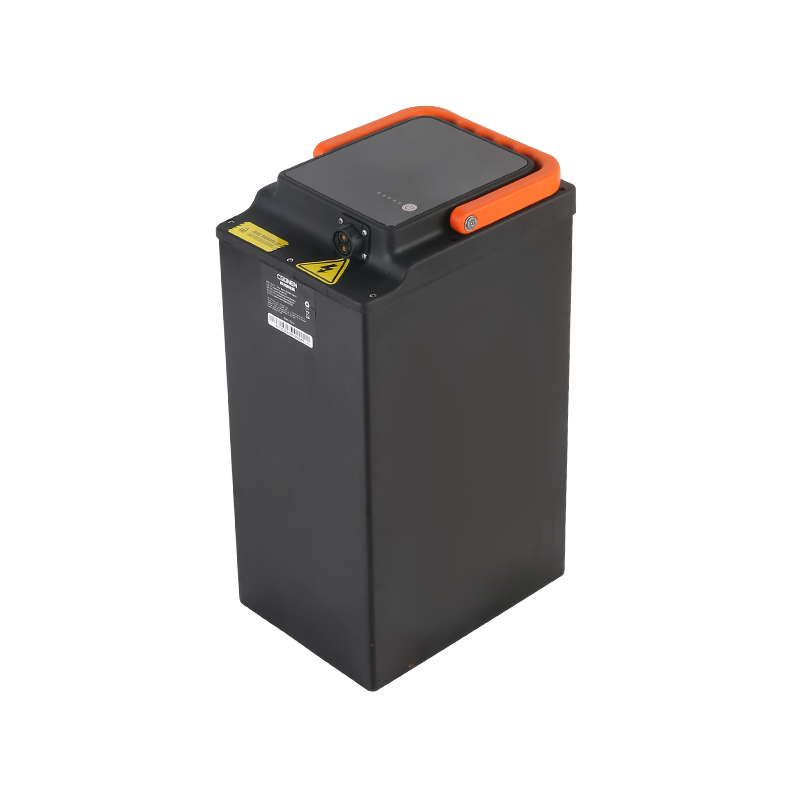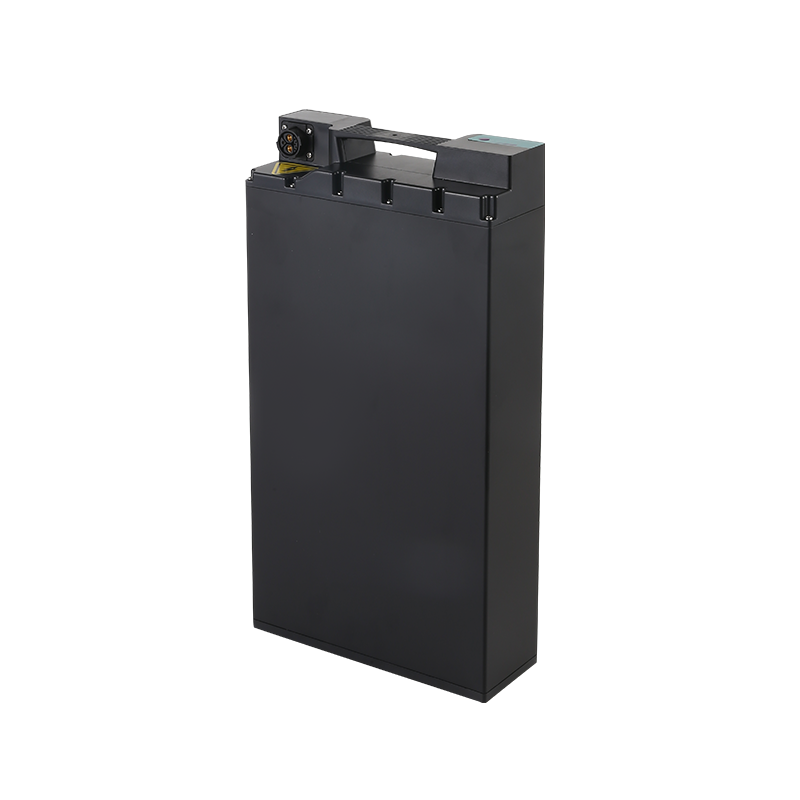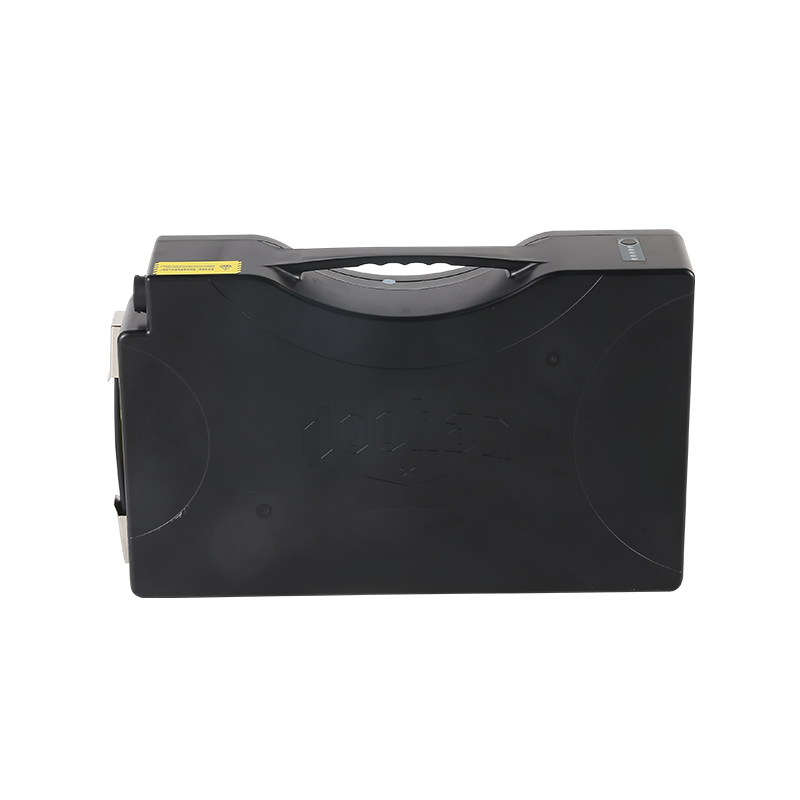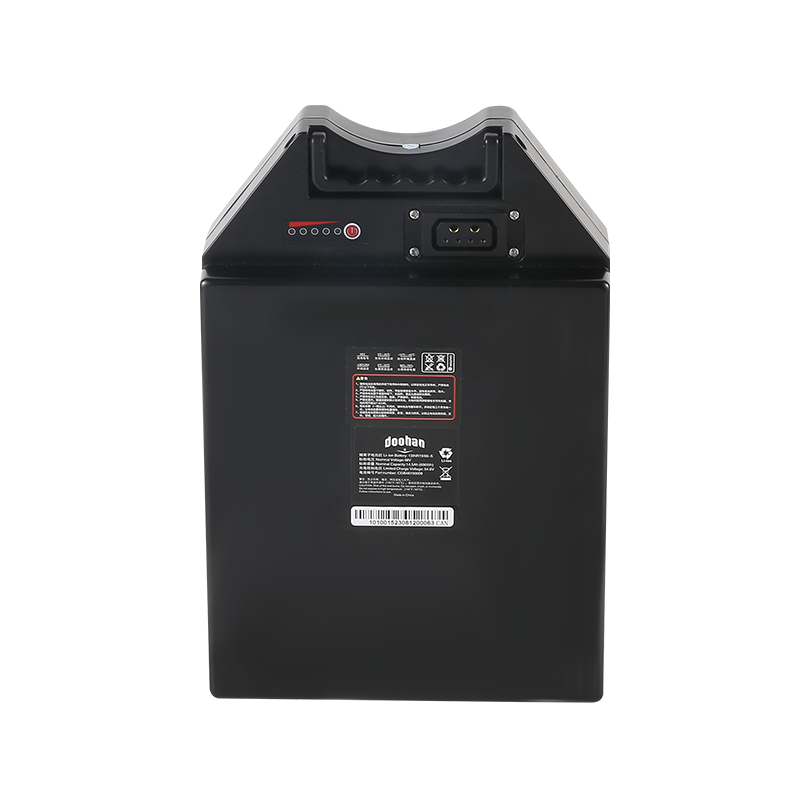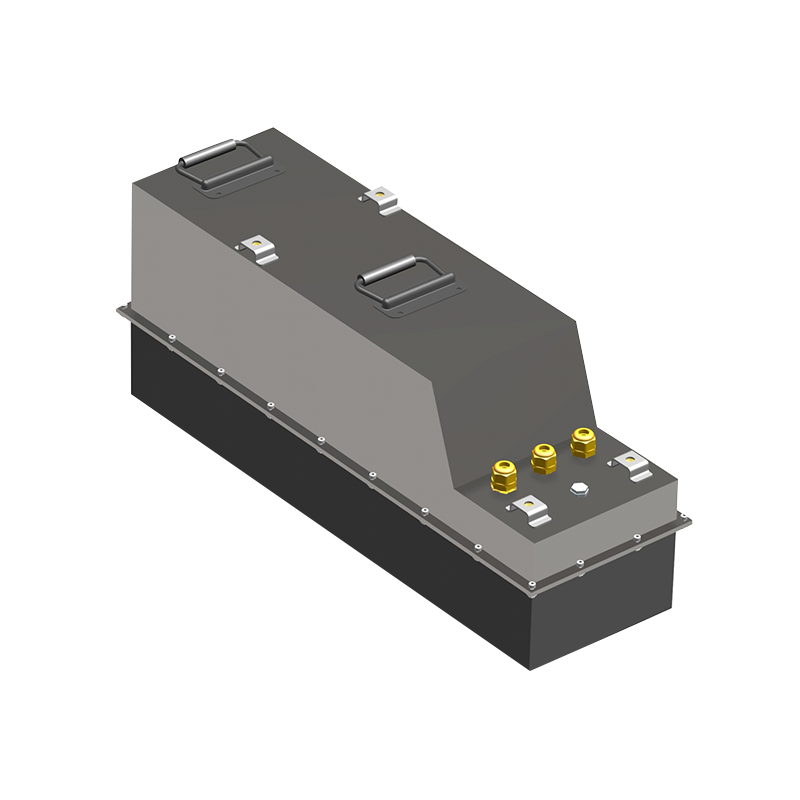Web Menu
Product Search
Exit Menu
Similarities and Differences Between Prismatic and Cylindrical Lithium-Ion Batteries
In the realm of energy storage, prismatic and cylindrical lithium-ion batteries are two distinct yet widely used designs, each with its own set of advantages and applications. Understanding the similarities and differences between these batteries is crucial in making informed decisions for various industries and applications.
Similarities:
1. Chemistry and Core Technology:
- Both prismatic and cylindrical lithium-ion batteries share the same underlying chemistry and core technology, employing lithium ions to facilitate energy storage and release.
2. Energy Density:
- Similarities exist in terms of energy density, as both designs offer a high energy-to-weight ratio, making them efficient solutions for portable electronic devices, electric vehicles (EVs), and renewable energy systems.
3. Common Applications:
- Prismatic and cylindrical lithium-ion batteries find application in a diverse range of industries, including consumer electronics, automotive, medical devices, and renewable energy storage, showcasing their versatility.
4. Rechargeable Nature:
- Both designs are rechargeable, allowing for multiple charge and discharge cycles, which is essential for devices requiring long-term and reliable power sources.
5. Environmental Impact:
- From an environmental standpoint, both prismatic and cylindrical lithium-ion batteries share concerns related to raw material extraction, manufacturing processes, and end-of-life disposal, necessitating responsible recycling practices.
Prismatic Lithium-Ion Battery:
1. Form Factor:
- The prismatic design is characterized by its flat, rectangular shape, providing a space-efficient solution for applications where form factor is critical.
2. Customization:
- Prismatic batteries offer greater flexibility in terms of customization, allowing manufacturers to design batteries tailored to specific device requirements, making them suitable for thin and compact devices.
3. Thermal Management:
- Prismatic batteries often exhibit better thermal management due to their larger surface area, making them suitable for applications where temperature control is crucial for safety and performance.
4. Packaging Efficiency:
- The prismatic design allows for efficient packaging in certain devices, contributing to improved device design and aesthetic appeal, especially in thin and sleek electronic products.
5. Internal Structure:
- Prismatic batteries typically have a stacked internal structure, allowing for efficient use of space and enhanced energy density compared to some cylindrical designs.
Cylindrical Lithium-Ion Battery:
1. Form Factor:
- Cylindrical batteries, as the name suggests, have a tubular form, and their standardized sizes make them easily interchangeable in a wide range of devices and applications.
2. Space Utilization:
- Cylindrical batteries are known for their efficient use of space, making them a preferred choice in applications where a compact, cylindrical shape aligns with the design requirements.
3. Manufacturing Simplicity:
- The cylindrical design often results in a simpler manufacturing process, contributing to cost-effectiveness and scalability in high-volume production.
4. Versatility in Devices:
- The standardized shape of cylindrical batteries makes them versatile, fitting seamlessly into a variety of devices ranging from flashlights to power tools and electric vehicles.
5. Internal Structure:
- Cylindrical batteries typically feature a wound internal structure, where the electrode materials are wound in a spiral, providing efficient energy storage and delivery.
The choice between prismatic and cylindrical lithium-ion batteries depends on specific application requirements, design considerations, and space constraints. While they share common ground in terms of core technology, their distinct designs make them suitable for different niches within the broader landscape of energy storage solutions. As technology continues to evolve, these batteries will likely undergo further refinements, optimizing their performance and expanding their applications across various industries.
-

+86-13049701086
-

Stonehuang@CGONEN.com
-

No.88, Huji Road, Taizhou Bay Binhai New Area, Jiaojiang District, Taizhou City, Zhejiang Province, China


